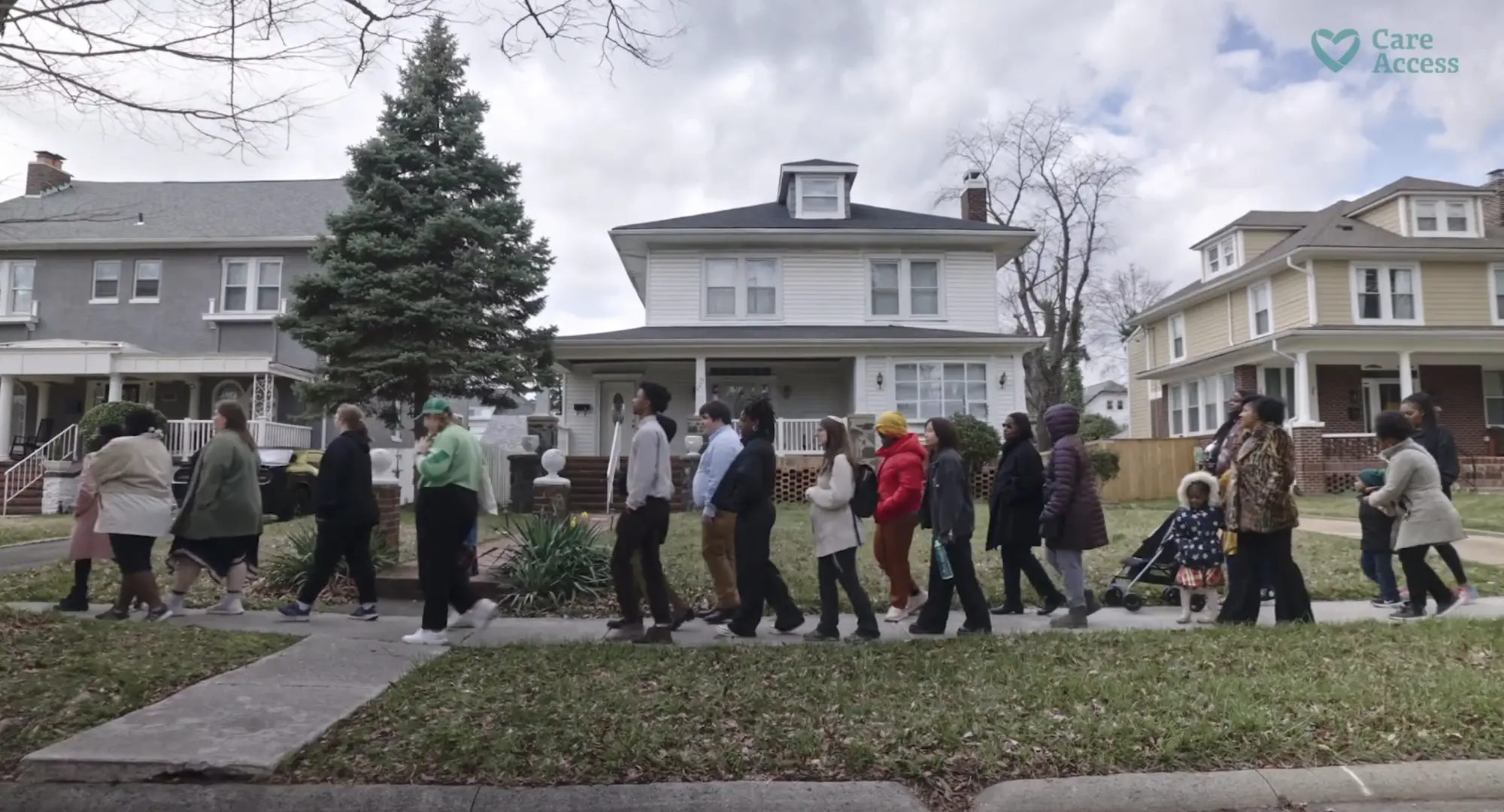Back to Health Resources
Alzheimer’s Disease - What You Need to Know

Alzheimer’s disease is the most common form of dementia and affects nearly 24 million people worldwide. Understanding the basics is essential for making informed decisions and knowing the best preventive care and treatment options.

What is Alzheimer’s Disease?
Alzheimer's disease is a type of dementia that leads to a gradual decline in memory, thinking, and functional skills. Over time, it can make it difficult for someone to carry out daily tasks that they previously handled with ease.
Alzheimer’s primarily affects older adults over the age of 65. However, Alzheimer's is not a normal or expected part of aging, even though getting older is the greatest known risk factor.
What Are the Stages of Alzheimer’s Disease?
What stage of Alzheimer’s a person is in is determined primarily by the symptoms the person is experiencing. But each person experiences Alzheimer’s disease differently, progressing through the stages at a unique pace. Not all symptoms will occur in every person, and stages can overlap, making it hard to pinpoint what specific stage a person is in.
Confusing things further, healthcare providers and organizations use different terms to describe each stage.
Some commonly used terms for the stages include:
- Mild, Moderate, and Severe
- Early, Middle, and Late
But while the terms for the stages may vary, they all follow a similar pattern of progressively worsening symptoms:
- Preclinical Alzheimer’s disease with no noticeable symptoms
- Mild cognitive impairment (MCI) due to Alzheimer’s disease
- Mild dementia due to Alzheimer’s disease
- Moderate dementia due to Alzheimer’s disease
- Severe dementia due to Alzheimer’s disease
Because of this potential confusion, you should always ask for clarity from your doctor when they use certain words to describe the stages of Alzheimer's.
What Are the Signs and Symptoms of Alzheimer’s Disease?
The symptoms involve a gradual decline in some, most, or all of the following:
Memory
Reasoning
Language
Coordination
Mood
Behavior
One of the most common early signs of Alzheimer’s disease is difficulty remembering new information. As we age, our brains naturally undergo changes, and most people experience some slowed thinking and occasional memory issues.
However, significant memory loss, confusion, and other notable cognitive changes could indicate changes in the brain from Alzheimer’s disease rather than typical aging.
The signs and symptoms of Alzheimer’s disease differ by person and can change depending on the stage of the condition, but typically, symptoms include a gradual decline in:
- Memory
- Reasoning and managing complex tasks
- Language and conversational skills
- Understanding visual and spatial relationships
- Behavior and personality
Alzheimer’s disease initially affects the brain's learning areas and progresses to impact other regions, leading to more severe symptoms over time.
Early Testing for Alzheimer’s
Thanks to breakthroughs in medical research, early diagnosis and intervention are becoming more effective with new treatment options and support services available.
Because many different conditions, particularly neurological ones, can mimic Alzheimer’s symptoms, doctors use a variety of methods to determine if memory issues are actually being caused by Alzheimer’s disease.
It used to be the case that testing for Alzheimer’s had to be invasive and expensive. But now a simple blood test can identify abnormal protein buildup in the brain that is associated with Alzheimer’s. Research shows that brain changes from Alzheimer’s might come from a build-up of abnormal pTau proteins, along with other factors, so testing for elevated pTau in the blood may be able to detect changes in the brain up to 20 years before dementia symptoms occur.

Anyone with memory loss or other Alzheimer’s symptoms may not notice their cognitive decline, but these changes are often more apparent to loved ones. If a loved one is showing signs of dementia, they should see their doctor as soon as possible.
For more information, the Alzheimer’s Association offers free, online education courses: Understanding Alzheimer's and Dementia and Know the 10 Signs: Early Detection Matters.
CONTRIBUTING EXPERTS

Sinikka Green, MD
Dr. Green is the Medical Director and a Principal Investigator at Care Access. She is board certified in emergency medicine.
SOURCES
- What is Alzheimer’s Disease? - Alzheimer’s Association https://www.alz.org/alzheimers-dementia/what-is-alzheimers
- Alzheimer’s Disease - Cleveland Clinic https://my.clevelandclinic.org/health/diseases/9164-alzheimers-disease
DISCLAIMER
The information provided on Care Access is intended for informational purposes only and should not be considered as a substitute for professional medical advice, diagnosis, or treatment. Always seek the advice of your physician or other qualified healthcare provider with any questions you may have regarding a medical condition. Our products and content are not intended to diagnose, treat, cure, or prevent any disease.
Explore More Health Resources

STORIES from the Heart

